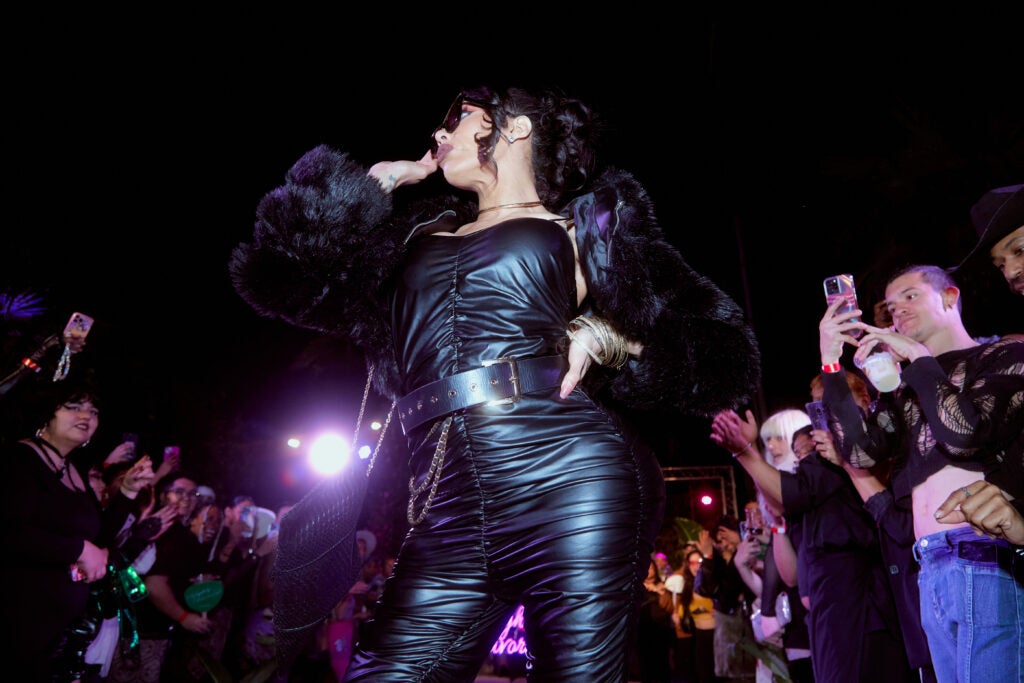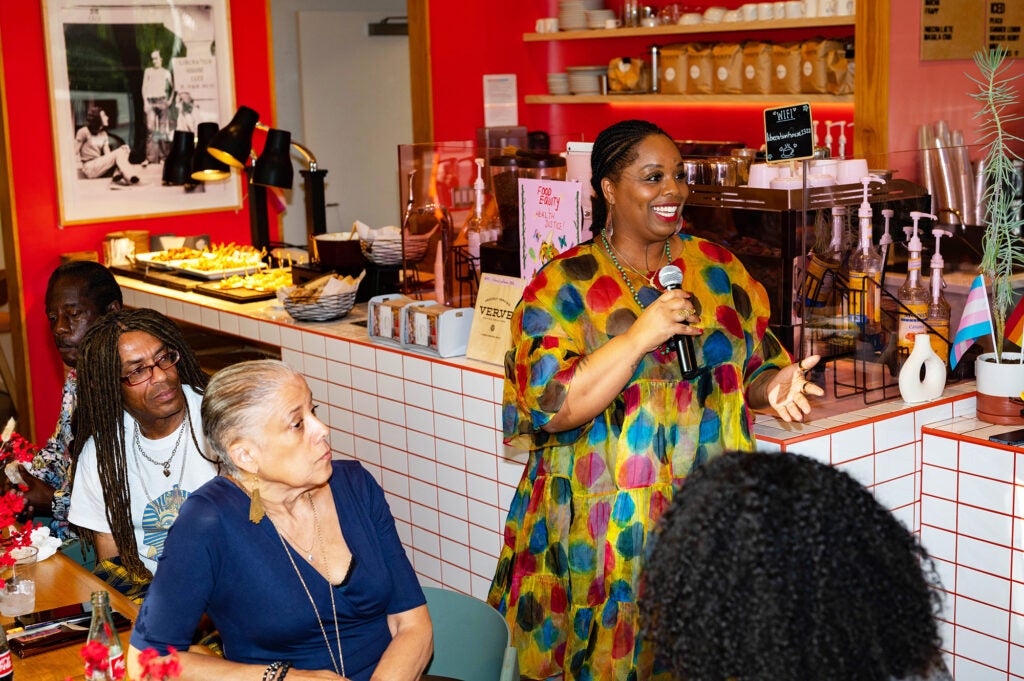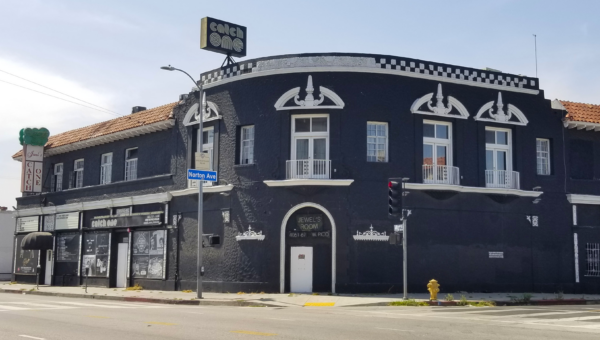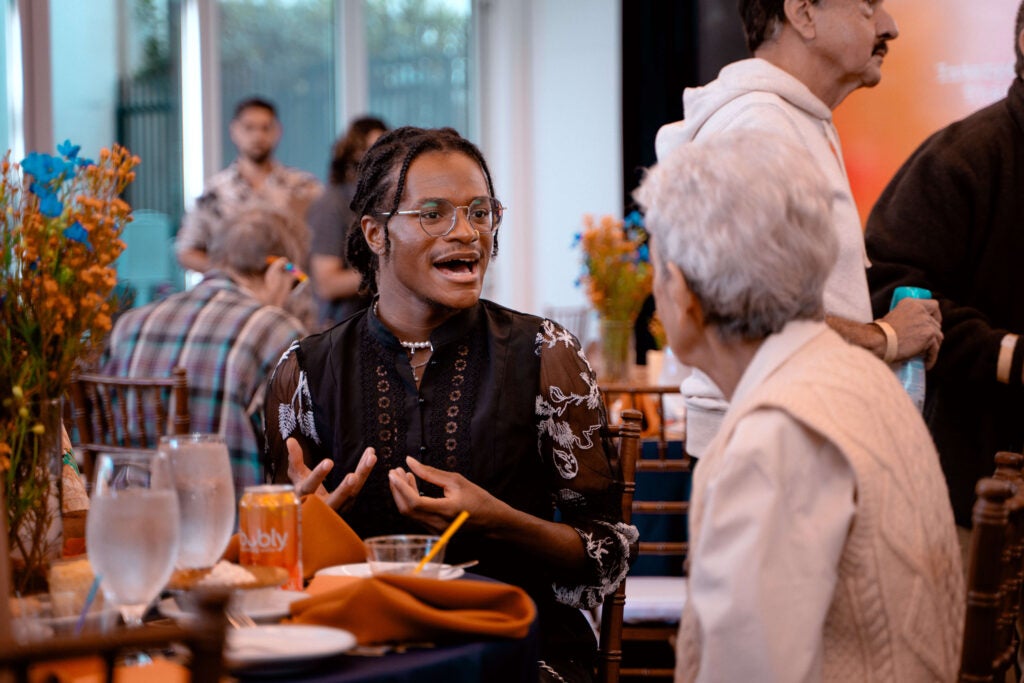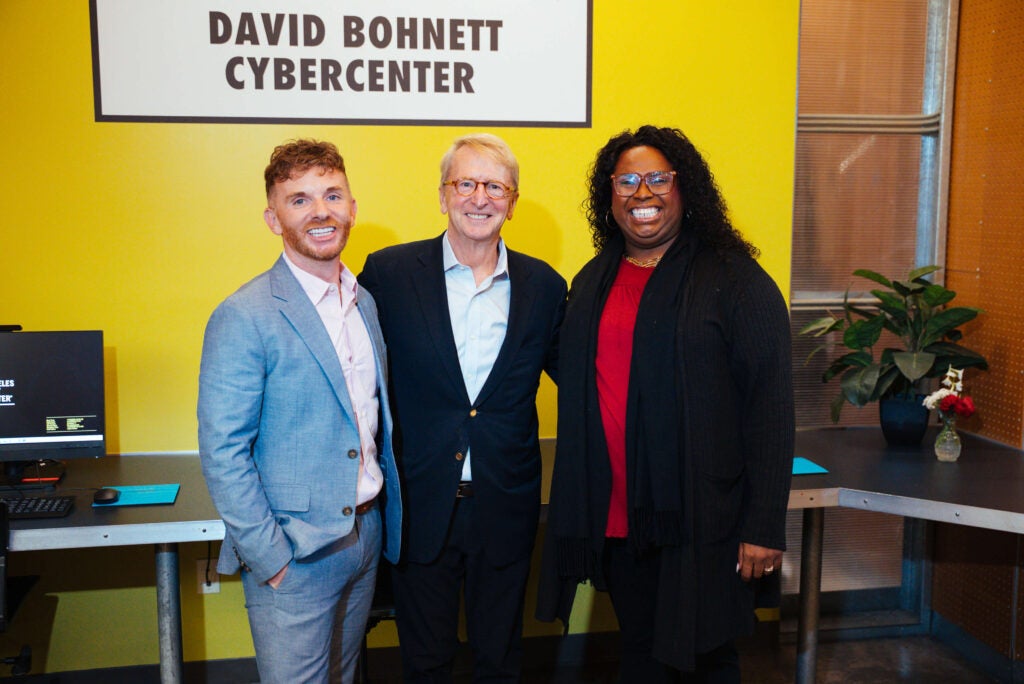On June 19, 1865, the last enslaved people in the United States were declared free. But according to Patrisse Cullors, co-founder of Black Lives Matter and author of An Abolitionist’s Handbook: 12 Steps to Changing Yourself and the World, that lofty goal—freedom for all people—still has not been met more than 150 years later.
“Black people still are not free,” Cullors said in an interview at a recent Center event commemorating the Juneteenth holiday. “I appreciate that Juneteenth has been codified as a holiday, because it forces everyone to confront it. It allows for a more rigorous conversation about anti-Black racism and its impact—not just on Black people, but the entire country.”
In order to achieve the goal of liberation for all people, we will need to harness the power of our imagination to dream of a new world, Cullors said. LGBTQ+ people, who have long been marginalized by society and forced to create their own networks and systems of support, are especially primed for this work.
“Queerness and transness and abolition, to me, they’re all cut from the same cloth,” she said. Read more from Cullors below.
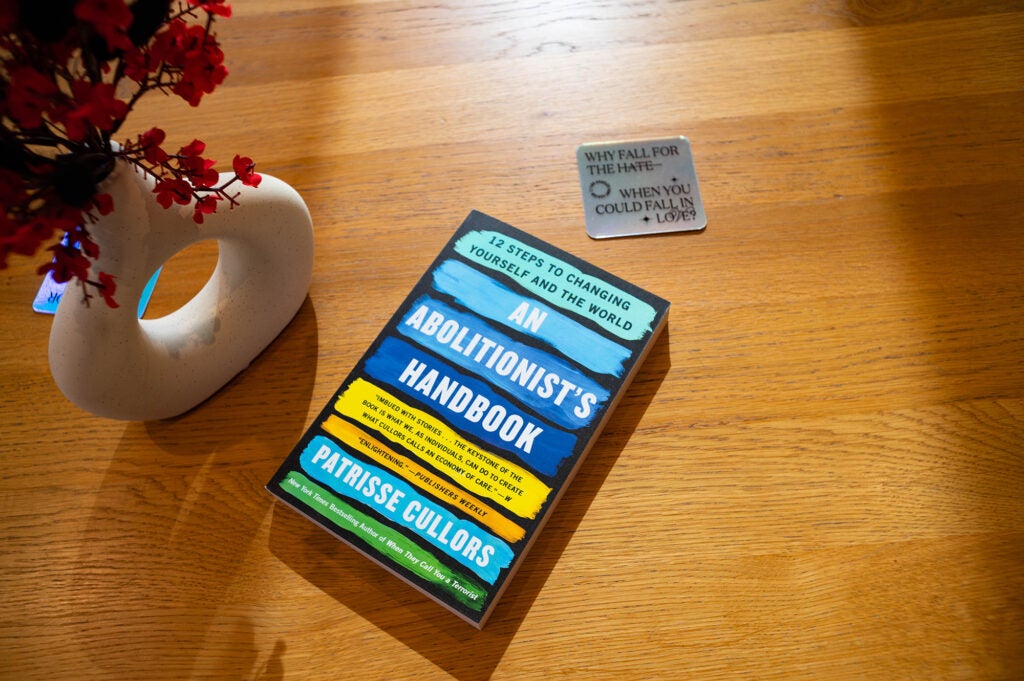
What does Juneteenth mean to you in your work as an abolitionist?
Juneteenth is a promise. It’s not freedom. Yes, we were no longer enslaved on Juneteenth, 1865, but Black people still are not free. I appreciate that Juneteenth has been codified as a holiday, because it forces everyone to confront it. It allows for a more rigorous conversation about anti-Black racism and its impact—not just on Black people, but the entire country. Anti-Black racism is, really, the reason we don’t have real democracy in this country.
Juneteenth, to me, is this continuous conversation and practice that pushes us to dream about what our freedom looks like—what abolition really looks like. Because if abolition happened on June 19, 1865, we wouldn’t be having this conversation. But it didn’t fully happen, so Juneteenth is a promise of what’s to come.
Juneteenth is a promise. It’s not freedom.
Patrisse Cullors
In the context of the work that’s left to be done, what is the difference between activism and abolition?
Anyone can be an activist. Everybody. Activism isn’t actually based on your politics. Because you can be an activist for what happened on January 6th. You can be an activist against jail expansion. “Activist” is really a term for anybody who wants to be active in their community. An abolitionist is someone who wants to abolish the police and prison state. Someone who wants to imagine a new world that we can all exist in. One that centers care, love, and healing. Full stop.
What role does imagination play in abolition work?
It’s the center of everything. Our imagination is the center. We have to remember: Someone imagined handcuffs. Someone imagined sirens and a jail cell, and then they built it. So, we can’t allow their imagination to inform ours. We have to dream and imagine something different than what currently exists. In fact, many of the things that currently exist are new. Industrialization, capitalism, these are new things. Prisons and jails, these are new things. And we’ve seen them fail epically. So, our job is to imagine what else is possible: new relationships, new ways of being together, new ways of institutionalizing care and love. The abolitionist imagination is at the center of all of this.
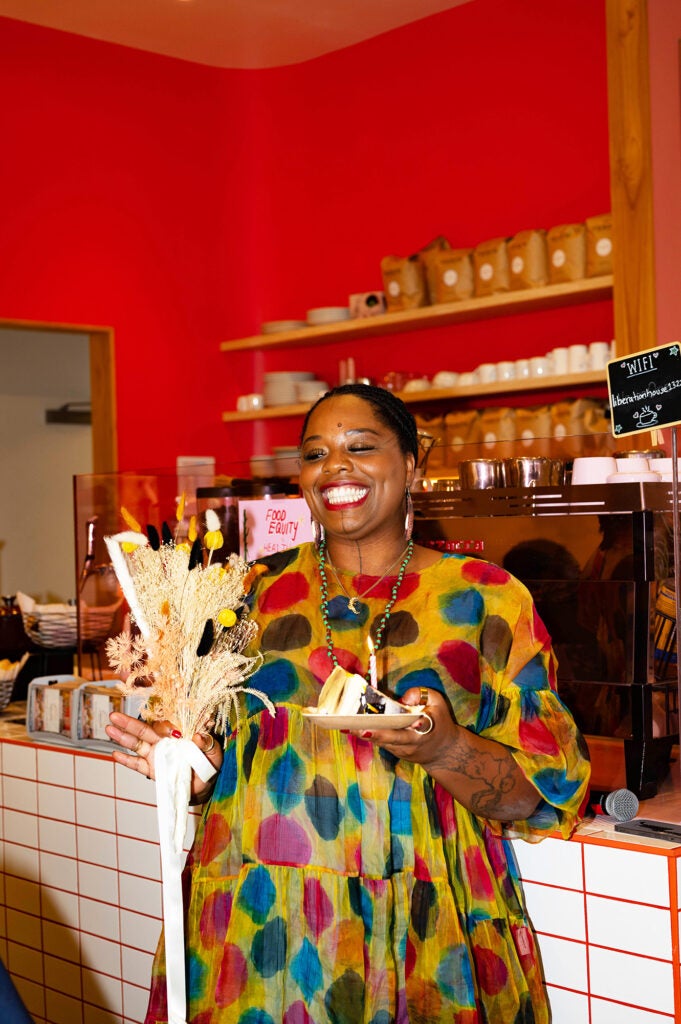
How does abolition intersect with queer liberation?
When we’re thinking about queerness, specifically around challenging heteronormativity and the ways we’ve been shaped to believe, we have been trained to believe in the nuclear family as the model for our wholeness. Queerness is a portal into the lives that we can actually live. For me, queerness is about building our chosen family. It’s about building our community. To me, queerness is about challenging the normative systems that exist, like the police state, like the prison state. Queerness is and has always been the portal into a new way of imagining my life.
It’s the same thing at the intersection of abolition and queerness. Queerness is a portal into imagining a new world, a new way of living our lives and being in community together. It’s why I think so many queer people and trans people actually believe in abolition. It’s not this foreign concept because we are already living outside of the norm. Queerness and transness and abolition, to me, they’re all cut from the same cloth.
Queerness and transness and abolition, to me, they’re all cut from the same cloth.
Patrisse Cullors
How does an abolitionist practice self care? Is that inherently practiced in the work as a form of service to others? Or is it more intimate?
I’m a big fan of building out collectives and institutions that center the care of the human beings within it. I’m not a big fan of the term self-care. I like the term collective care, because it really puts the onus on the collective to take care of each other. ButI believe in therapists—culturally competent therapists, acupuncturists, any way that we can cope with living in the hellscape that we live in right now.
A lot of these generative practices like therapy, somatic therapy, reiki, acupuncture, they create more spaciousness in our body to tap into something different than what we know and experience. And it’s often a push away from the medical industrial complex. While I am grateful for the concept of Western medicine, I think the reliance on it and the dependence on it is squarely about capitalism. Having access to alternatives that help us access our bodies differently is very encouraging to me. I used to say that every Black person, as part of our reparations package, should have access to free therapy for the rest of our lives and all generations to come.
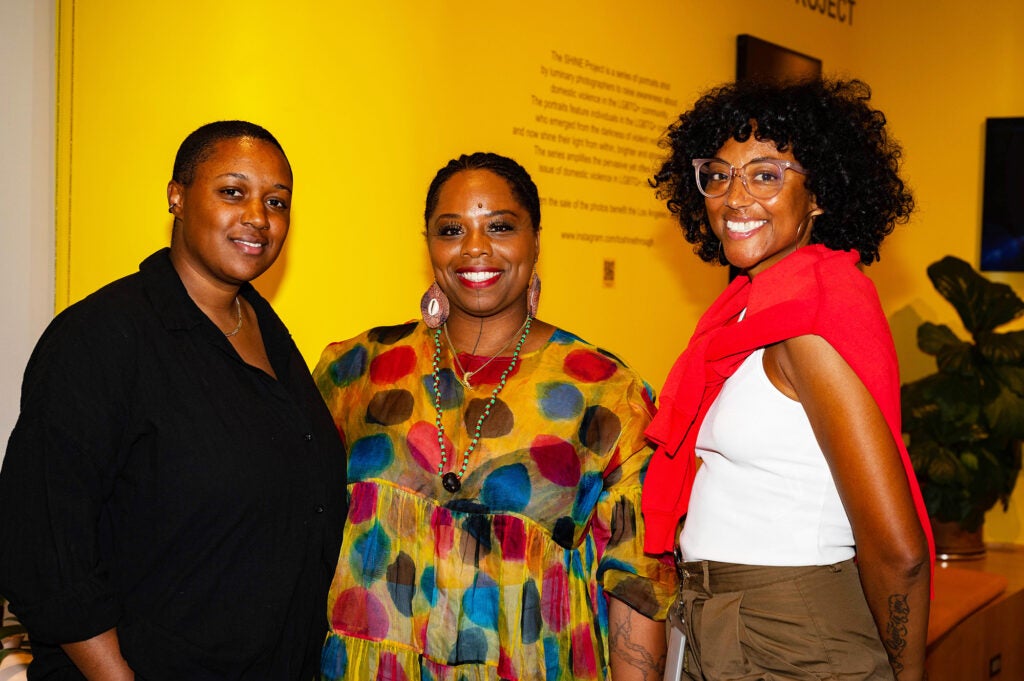
What would be your message to the next generation of abolitionists?
I would say that the role of abolition is so, so critical for the next generation. There was a time when very few people identified as abolitionists, but I’m seeing it more and more. I’m starting to see the fruits of the abolitionists labor that so many of us have worked for. So, I would say for this next generation, keep going. Keep striving, keep pushing. We will live in a world where police and prisons are not in existence anymore. There was a time when we couldn’t imagine that slavery wouldn’t exist. There will be a time when police and prison surveillance borders don’t exist.
Read More
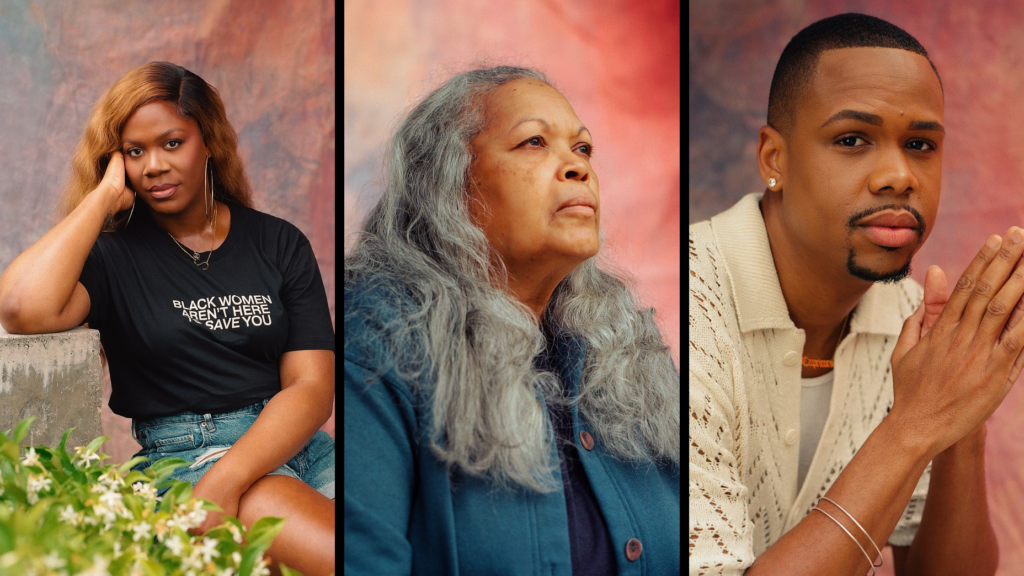
“My Crown Is Paid For”: 12 Center Portraits of Juneteenth
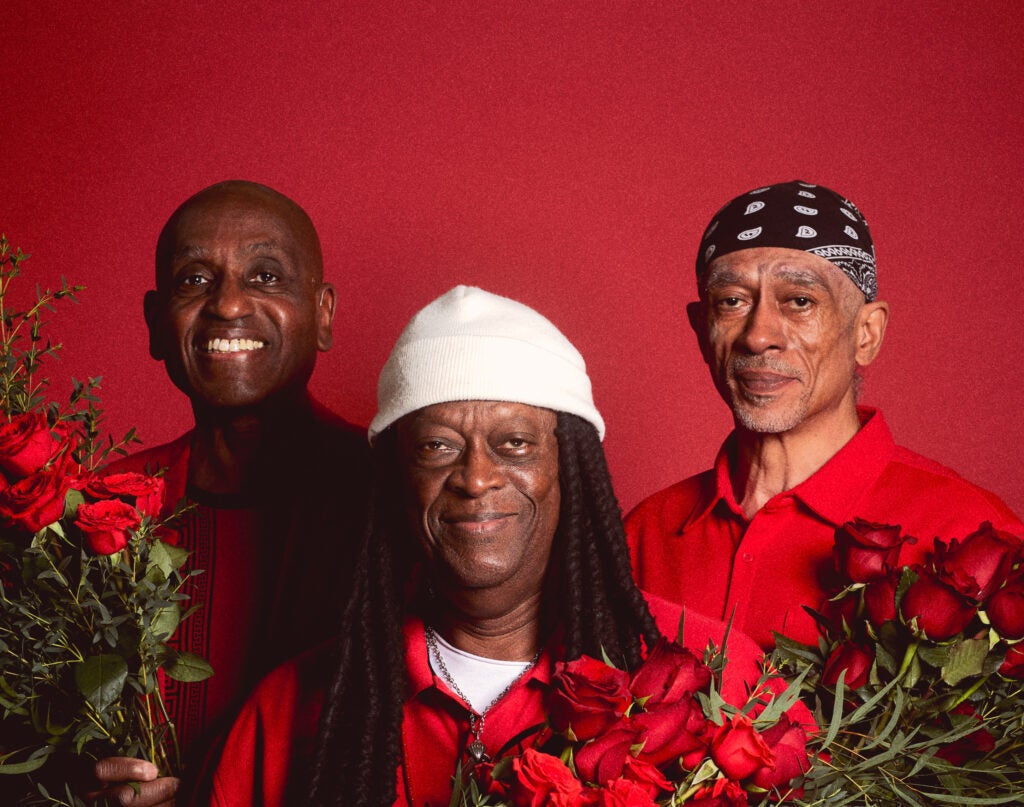
“Our Lives Matter”: Our Elders Raise Their Voices for Black HIV/AIDS Awareness Day

Chief Equity Officer Giovanna Fischer on Creating Change Through Imagination
